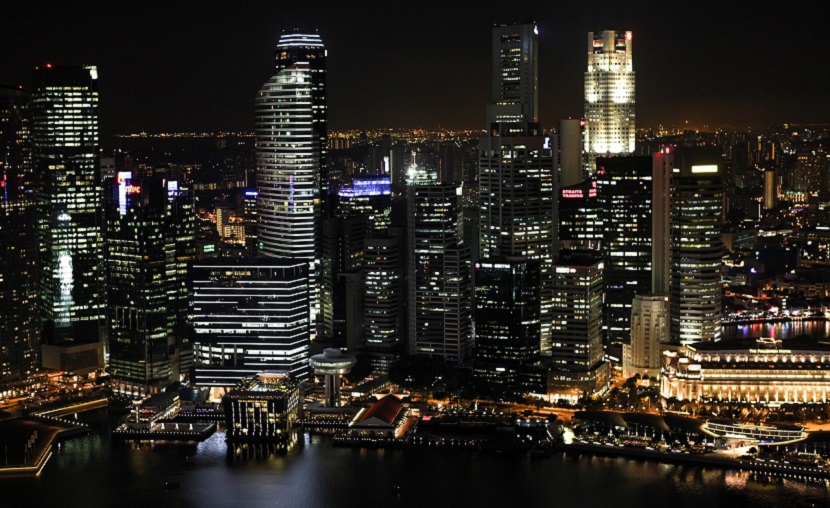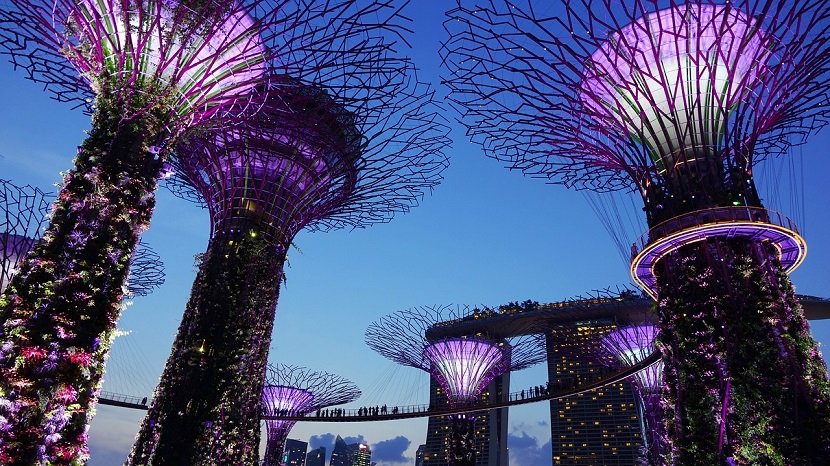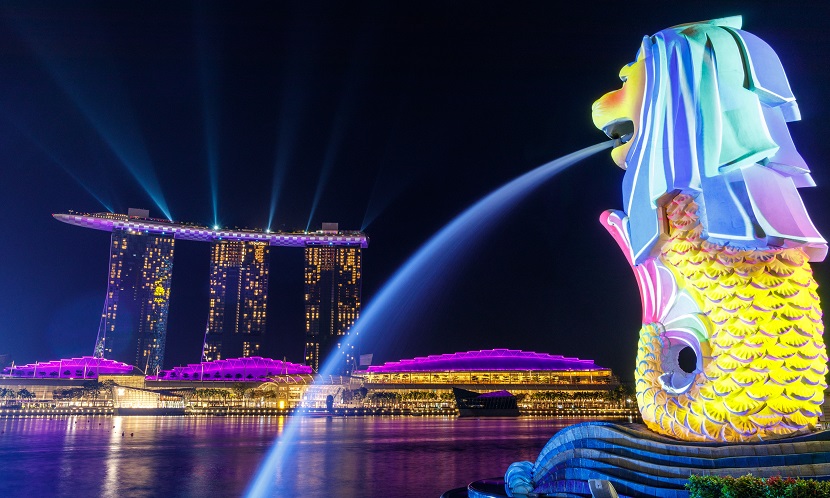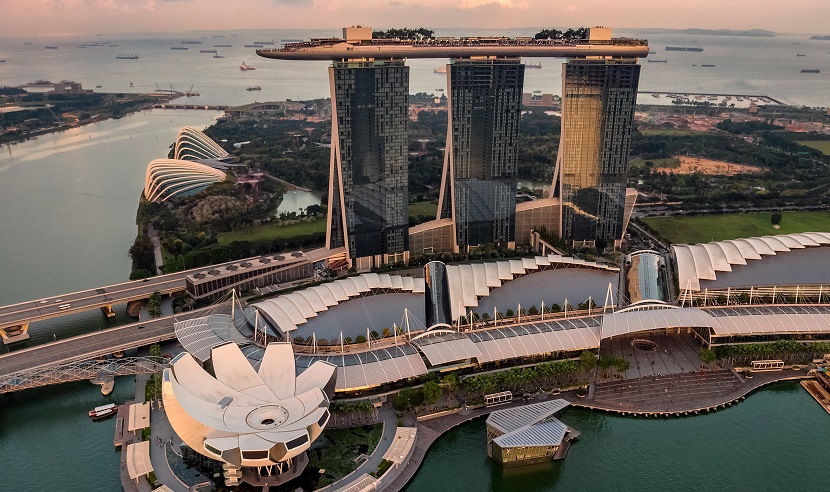There is rising fear that even Singapore’s climate may deter international property investment at this level of cooling measures. For international buyers, the Additional Buyers Stamp Duty (ABSD) rate is now 30%. In addition, landowners are subject to limitations (foreigners cannot acquire freehold landed properties without a permit, for example) and skyrocketing interest rates. But according to a new analysis on centi-millionaires by Henley & Partners, even these may not be effective in keeping the super-rich away from Singapore. So, why Singapore is so rich? The truth is because of the rise of the centi-millionaires.
The truth behind why Singapore is so rich
The migration of the really wealthy is one of the main causes. Given that the US is home to 40% of the world’s centi-millionaires, it makes sense to assume that the US dollar will constitute a significant part of their fortune. Risks like political unrest and the US national debt, which is getting close to USD 31 trillion, come along with that. For those who believe that the US dollar would never fall out of favor, a recent example involving the British pound is sobering.
As a result, many millionaires are seeing the need to relocate, whether it’s to diversify their risks, find better educational opportunities, relocate to a safer area, etc. Dr. Juerg Steffen, the CEO of Henley & Partners, claims that the largest millionaire migration flows on record are predicted for next year. For instance, 125,000 high-net-worth individuals will be on the move as the world enters the new post-Covid era and against a backdrop of rising inflation and interest rates, the ongoing conflict in Ukraine, and the ever-present threat of climate change.

Property magnet
It is easy to understand why Singapore is currently such a desirable location for the wealthy, according to a Hubbis article about how Singapore is a regional and global center for UHNW wealth. According to one section of the article, if a person chooses to remain in their home country, they will be subject to high tax rates on their international income, global capital gains, estate tax upon their passing, and gift tax upon giving gifts. However, those do not apply in Singapore, and additional incentives are also offered by the family office and other structures. Transparency has replaced secrecy as the standard in modern society. Singapore has numerous double tax treaties in addition to incentives to support families investing abroad. That is yet another significant benefit Singapore provides.
Here are four points why Singapore is so rich:
1. Singapore is so rich because of its own centi-millionaires
The ultra-rich in Singapore are not only invested in the local real estate market. Most of them arrived where they are because to it. They have solidified the widely held view that owning real estate is the key to financial success, which may also be self-fulfilling. Singapore’s percentage of centi-millionaires is gradually moving up the list of the top 15 cities as of 2022. We presently rank ninth out of 15 cities in terms of the number of centi-millionaires we have. Foreigners are fast to buy up luxury residences in Singapore, as we saw in March of last year.
The majority of buyers are still made up of locals with money, though. And as of 2022, even as demand and private housing prices increased, the percentage of international buyers had actually decreased. The evidence suggests that Singapore’s richest sons and daughters continue to prioritize their homes as investments. The domestic market for our luxury developers is also expanding as Singapore becomes wealthier.

2. Some foreigners do not pay ABSD
You’ll see that the majority of cities with millionaires are in the US, including New York City, San Francisco, Los Angeles, Houston, and Chicago. American billionaires are likely to consider investing abroad due to the rising volatility of US markets and difficulties with high taxes. It’s critical to keep in mind one aspect of the ABSD at this time.
The ABSD rate for Americans is the same as for Singaporeans. For instance, they would not have to pay ABSD on their first property purchase. Nationals and Permanent Residents of Iceland, Liechtenstein, Norway, and Switzerland are also exempt. Although Americans don’t make up a significant portion of the local real estate market, this may alter as Singapore gains economic clout and the US begins to reorient toward Asia. The fact that Americans can avoid ABSD and that they are less likely to choose China and India owing to escalating political unrest is undoubtedly detrimental.
3. Family offices are growing throughout the APAC area
According to a 2021 Citibank analysis, 10,000 family offices have been founded worldwide in the last 20 years, a 10x rise from the early 2000s. Although family offices are still most prevalent in North America, Asia-Pacific has had the strongest development in this sector, with a 44% increase over the previous 20 years. Since 2020, 229 family offices are thought to have been registered in Singapore.
Permanent Residencies and portfolios looking for exposure to Singapore’s premium real estate market have increased along with the growth of family offices. For instance, it has been shown that newly formed family offices frequently favor fixed income securities and real estate over growing assets.

4. Singapore continues to be the most stable country in the area
Whether you like it or not, Singapore has established itself as one of the most suited nations in South East Asia. Singapore has survived the Asian Financial Crisis, the Global Financial Crisis, and Covid-19 without civil unrest, public rallies, or rash financial decisions.
The stability of the Singapore dollar is one benefit of this that is cited in the Henley & Partners research. Like the Swiss franc, it is a well-managed currency that serves as a safe store of wealth and may be compared to the Singapore real estate market in some aspects.
Singapore’s real estate market, particularly the luxury half, is likely to continue attracting foreign investment as long as it continues to show stability.



